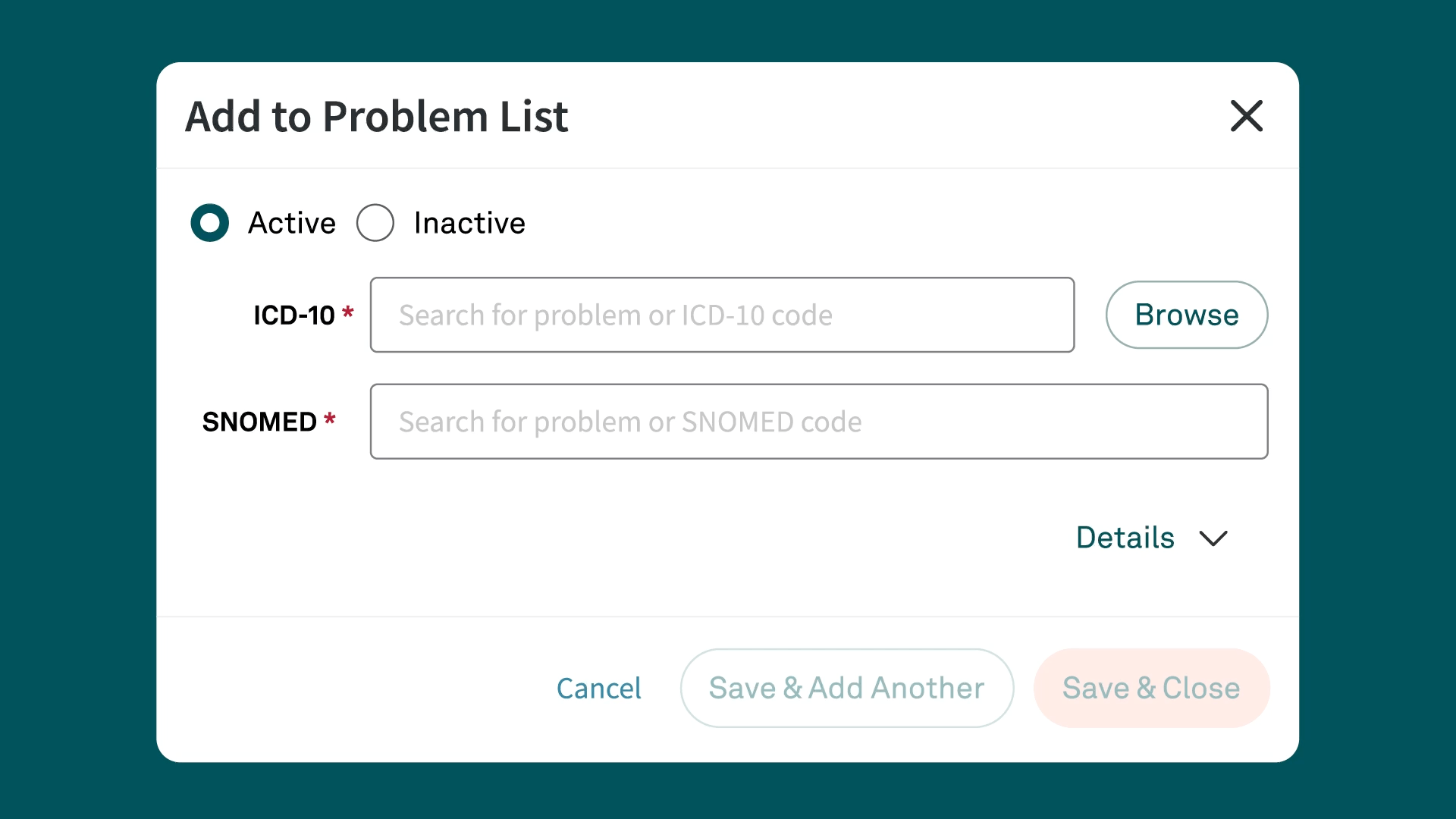ICD-10 Code R73.09
Other abnormal glucose
What is the code R73.09?
R73.09 is an ICD-10-CM code used to classify and code abnormal glucose levels, specifically categorized as "other abnormal glucose." This code is often employed by healthcare professionals to document instances where a patient’s blood glucose levels are irregular but do not meet the diagnostic criteria for diabetes mellitus or other specific glucose-related disorders.
Download your free resource now
Access it instantly — just complete the form

Detailed description of R73.09
The ICD-10 code R73.09 falls under the category of "elevated blood glucose level" and is part of the broader chapter covering "symptoms, signs and abnormal clinical and laboratory findings, not elsewhere classified" (R00–R99) in the International Classification of Diseases, 10th revision, Clinical Modification (ICD-10-CM). This code is specifically meant to capture abnormalities in glucose metabolism that are not classified under more specific conditions such as diabetes mellitus. It serves as a catch-all for various glucose irregularities that may require further investigation or monitoring but do not yet meet the criteria for a definitive diagnosis of a glucose disorder.
Symptoms commonly associated with R73.09
Patients coded with R73.09 may present with a variety of symptoms associated with abnormal glucose levels. These can include:
- Fatigue
- Unexplained weight loss or gain
- Increased thirst and frequent urination
- Blurred vision
- Slow healing of cuts and bruises
- Numbness or tingling in hands and feet
These symptoms can indicate underlying glucose metabolism issues and may prompt further diagnostic testing to rule out or confirm more specific conditions.
Related and similar ICD-10 codes
Several ICD-10 codes are related to R73.09, each covering different aspects of glucose metabolism disorders:
These related codes can help healthcare providers more accurately document specific abnormalities in glucose metabolism.
Appropriate usage and guidelines for R73.09
When using the R73.09 code, it is important to follow certain guidelines to ensure accurate and appropriate documentation:
- Proper usage: Use this code when blood glucose levels are abnormal but the provider has not determined a more specific diagnosis, such as diabetes mellitus or impaired glucose tolerance.
- Documentation: Ensure that the provider documents abnormal glucose levels in the patient's medical record.
Common pitfalls in coding with R73.09
Several common pitfalls can occur when coding with R73.09, including:
- Overlooking specific codes: Failing to use more specific codes available for glucose abnormalities, such as R73.01 or R73.02, can result in less precise documentation.
- Incomplete documentation: Ensure that the documentation indicates that the abnormal glucose level or its treatment affected patient care and management for the current encounter. Incomplete documentation can lead to issues with insurance claims and continuity of care.
Key resources for R73.09 coding
To ensure accurate and effective coding for R73.09, healthcare providers can refer to several key resources:
- ICD-10-CM Official Guidelines for Coding and Reporting: These guidelines provide comprehensive instructions for using ICD-10 codes.
- American Diabetes Association (ADA): Offers valuable information on glucose metabolism disorders and diagnostic criteria.
- Centers for Medicare & Medicaid Services (CMS): CMS offers a wealth of resources and updates on coding practices, including webinars, manuals, and bulletins.
- Clinical Documentation Improvement (CDI) programs: These can help improve the accuracy and completeness of clinical documentation.
- Professional coding organizations: Organizations like the American Health Information Management Association (AHIMA) and the American Academy of Professional Coders (AAPC) offer educational resources, certifications, and support for medical coders.
Conclusion
ICD-10 code R73.09 is used in documenting and managing abnormal glucose levels that do not yet meet the criteria for more specific diagnoses. Accurate documentation and adherence to coding guidelines ensure proper use. By understanding the guidelines and common pitfalls associated with R73.09, healthcare providers can ensure precise coding, which supports effective patient care and accurate billing.
Simplify ICD-10 code documentation with Tebra
Tebra’s EHR+ gives you quick searches and Systematized Nomenclature of Medicine (SNOMED) field names for efficient code documentation. Plus, Tebra automatically saves ICD-10 to SNOMED mapping for future searches, streamlining your workflow.

Discover how Tebra helps providers effortlessly document health-related issues and conditions in this detailed post.
Similar Codes
Stay Ahead with Expert Healthcare & Billing Insights
Get the latest industry updates, financial tips, and expert strategies — delivered straight to your inbox.

